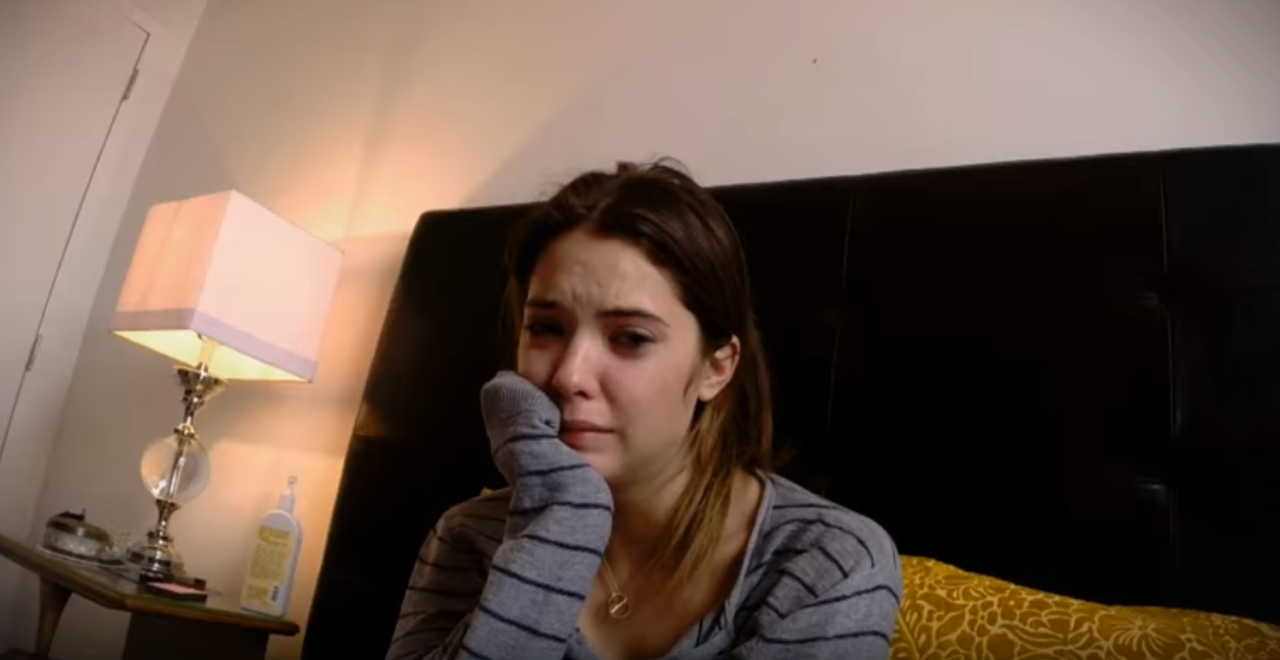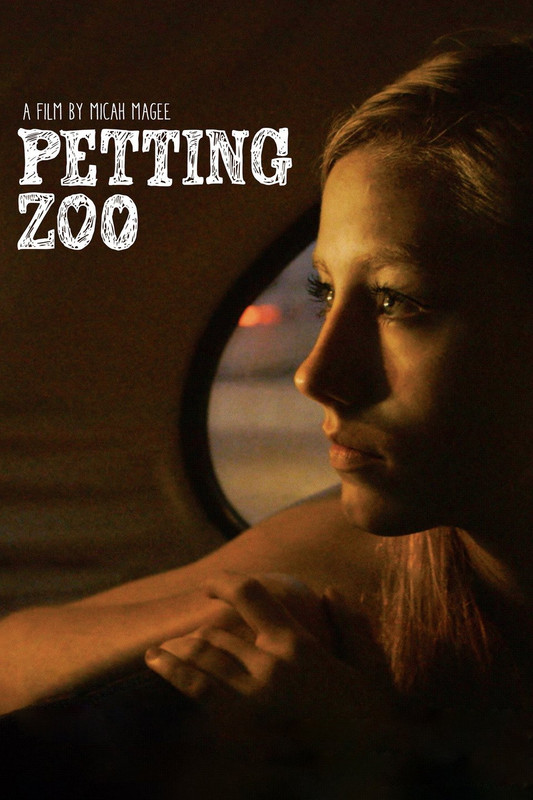Ratter
Dir: Branden Kramer
Ratter is an ultra contemporary piece of horror. The high concept sees college student Emma (Ashley Benson), newly moved to New York, get all her devices hacked by a stalker who is becoming increasingly dangerous. The whole film is shot through these devices, captured by Emma's stalker, who also manipulates the footage at times.
There are certain things I have just decided to accept in 'found footage' style films. The question of who, within the narrative, has edited the footage we see, and exactly what we are watching, what purpose it serves, is a question few films in the style bother to address now, and I have largely decided to set it aside, so I came at Ratter ready to see it on its own terms. For about 45 minutes it works well.
To give Ratter its due, the concept is strong and Branden Kramer executes it in disturbing fashion, trading on how much of our time is spent face to face with devices that, if hacked, could be used to watch us (I'm writing this on one). He makes this disquieting point in a low key way throughout but uses the technology to execute some white-knuckle tense scenes, especially when Emma's stalker begins to enter her apartment, seen only as a shadow in 'his' frames. The film is also helped along by a strong performance from Ashley Benson, whose growing fear and paranoia are as convincing as they are understandable.
However, in the second half, some more serious found footage problems begin to crop up. I can, to a degree, buy into the idea that footage is being edited either on the fly or after the fact by the stalker for his own amusement. I don't, however, buy into the idea that he is the one adding a 'scary' score to some of the more intense scenes as he begins to get closer and closer to Emma. Why would he, what purpose would it serve? This is just one of a few pure movie moments that pop us out of the film's central conceit, and once that is gone, there's not much left of Ratter. There is also a moment right at the end that turns Ratter into the technophobic thriller that it has admirably avoided being for the rest of the running time, ending the film on a rather clanging and obvious note.
There is enough that is interesting and promising to think that Branden Kramer will go on to make better films, Benson's performance scrapes it a third star, but Ratter squanders quite a bit of promise.
★★★
★★★
Petting Zoo
Dir: Micah Magee
Petting Zoo, just by dint of having quite a bit of incident in its story, doesn't quite fit in to the slow cinema sub-genre that seems to make up a great deal of the LFF's Journey strand, but it certainly has much in common with it. This is a deliberately low key drama, working very much at ground level and interested in the day to day events of the life of characters we can believe are living in the real world.
Layla (Devon Keller) is 17. She's a good student, a hard worker, and seems to be a good person. Layla has just heard that she has got a scholarship to the University of Texas at Austin and broken up with her boyfriend when she realises that she is pregnant. Her parents won't sign the permission form for her to get an abortion, and so all her plans are put on hold.
While not every situation in Layla's life is something that every audience member will have gone through, the basic conflicts – family troubles, new boyfriends, old boyfriends, unplanned events threatening to destroy your future plans – are all universal themes. Writer /Director Micah Magee and her cast deal with all of them with an admirable dedication to credibility.
Given the subject matter, Petting Zoo could quite easily have come off as a low key Juno. It doesn't. Juno's dialogue is what a screenwriter wishes she had sounded like when she was a teenager, applied to the entire cast of characters. Petting Zoo's dialogue is the stuff of life. Take a scene when Layla's new boyfriend (Austin Reed) is teaching her to drive; the mundane routine of the lesson gives way to Layla's confession that, since before she met him, she has been pregnant. The dynamic of this scene, the back and forth between moments of what, when you're 17, is potentially life-changing drama and the shift back into the mundanity of the moment is totally credible. This is something reflected in almost every scene, moments of great significance passing quietly.
At the centre of the film and its success lies the performance of Devon Keller. Keller's work is entirely naturalistic and unaffected, but rich in detail. Her Layla is vibrant, it's easy to warm to her as a character and to appreciate how others are drawn to her, which makes it all the more affecting when her parents react with anger to her news or when the plot takes a late shift that provokes mixed emotions both in us and clearly in Layla. Keller is especially good in these late scenes, laying raw emotion on the table without a single moment feeling forced. I would hope that we'll be seeing much more of this promising young actress. The rest of the cast is equally strong, giving unforced performances that fit with the naturalism of Micah Magee's camerawork and dialogue.
This is Micah Magee's feature directorial début and apparently, it's based on her own teenage years. This is another thing that comes through in the film, both in its slightly out of time setting (social media and mobile phones don't really feature) and in the way that she seems able to put us right in the middle of Layla's world in totally convincing fashion. If Magee has more to mine from her own life then I am interested in following that, whether through Layla or another character, but whatever she does next, personal or fantastical, I'll be keeping an eye out for it.
★★★★
★★★★



No comments:
Post a Comment